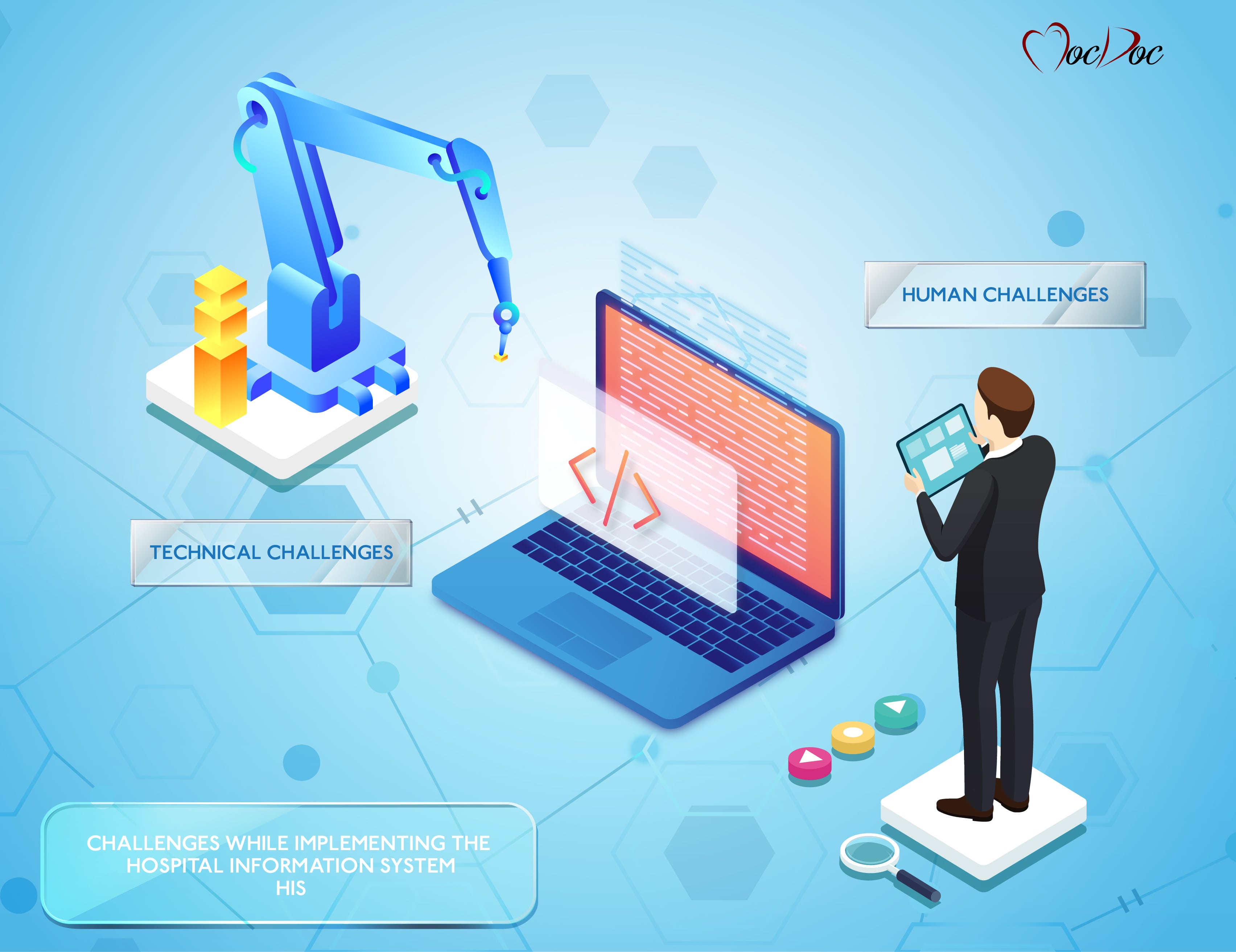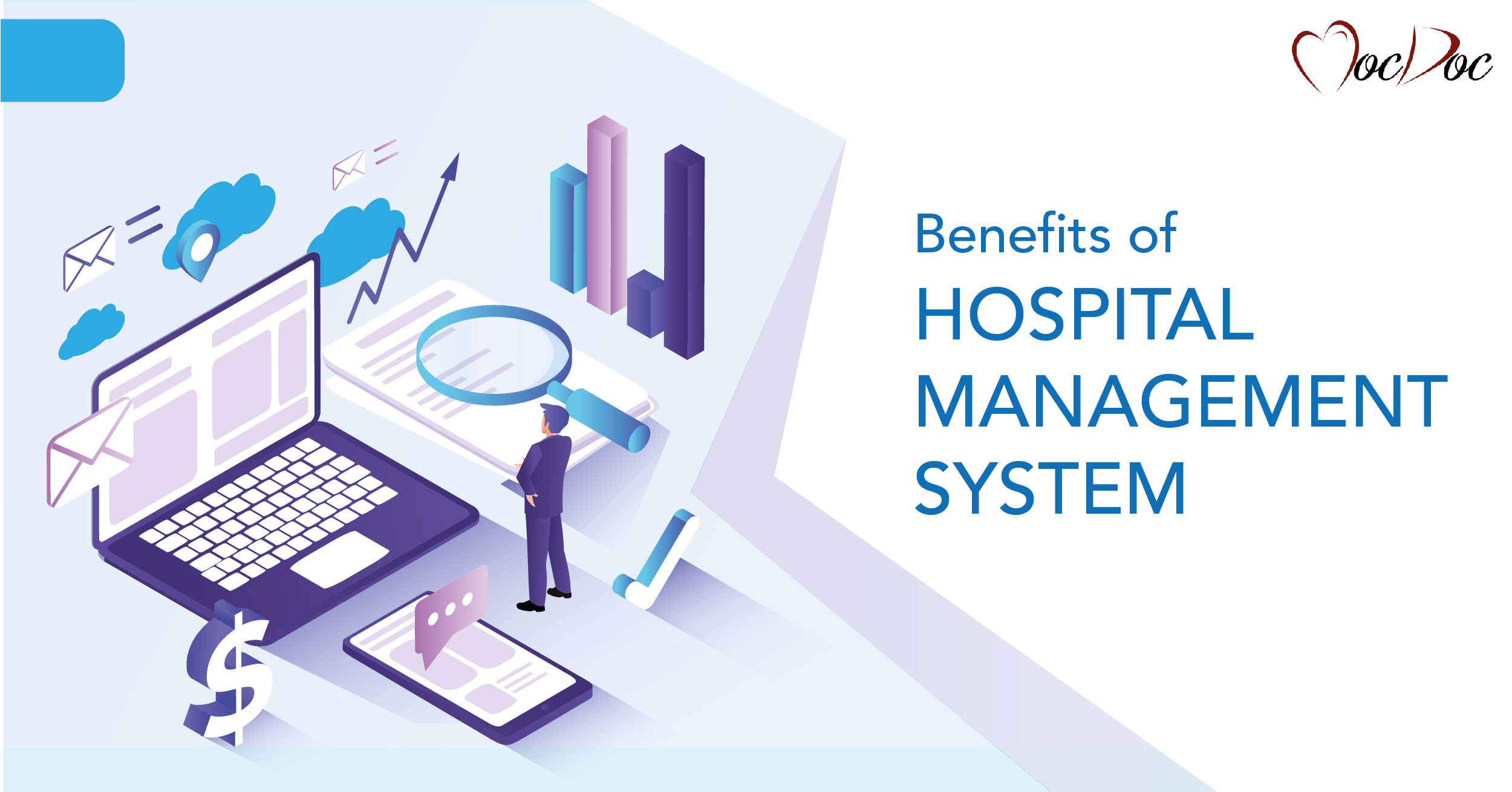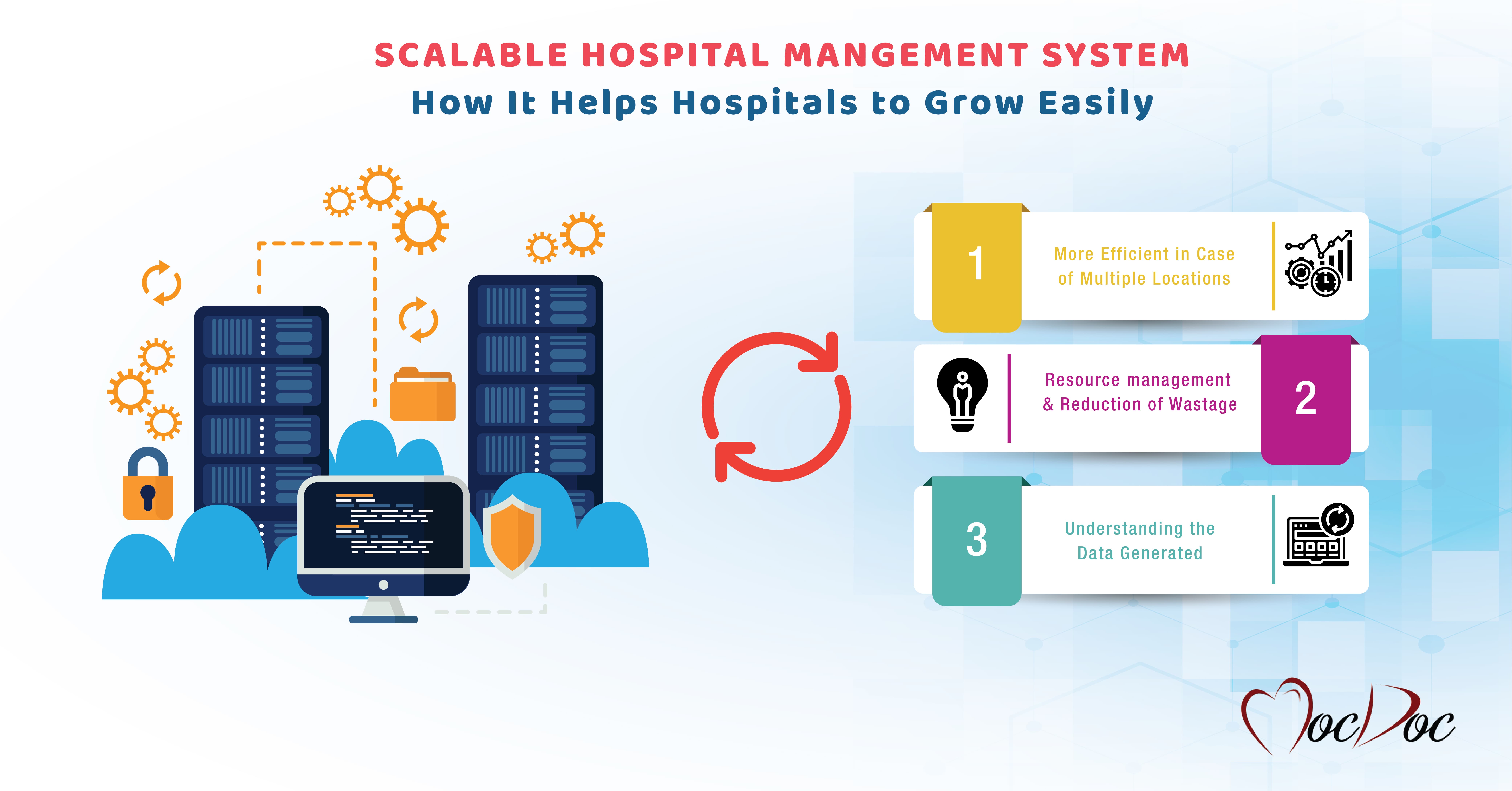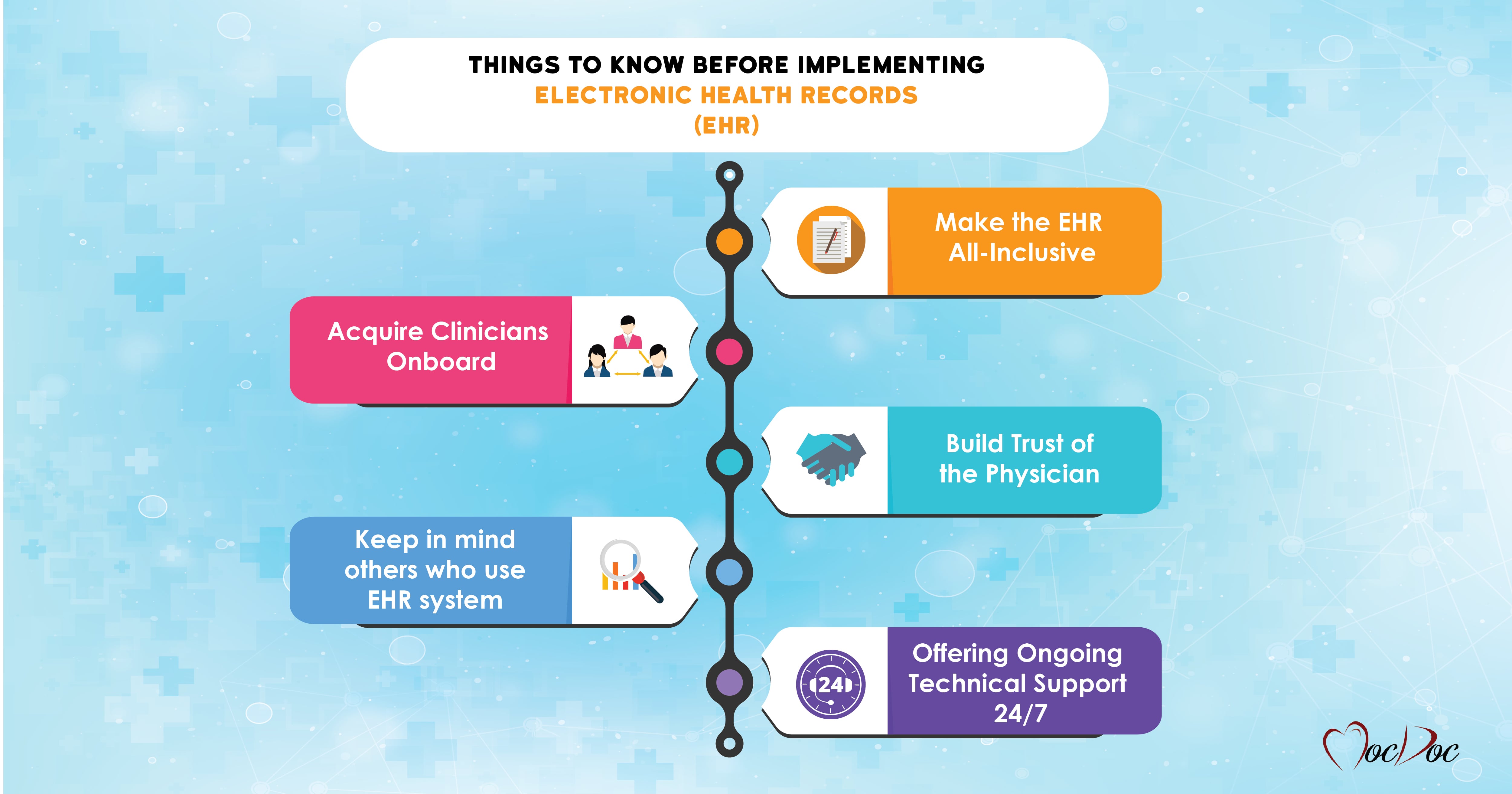MocDoc's Offerings
Seven effective tips for marketing hospital
Published By
Sanjana
2019083015:33:15
Category HMS
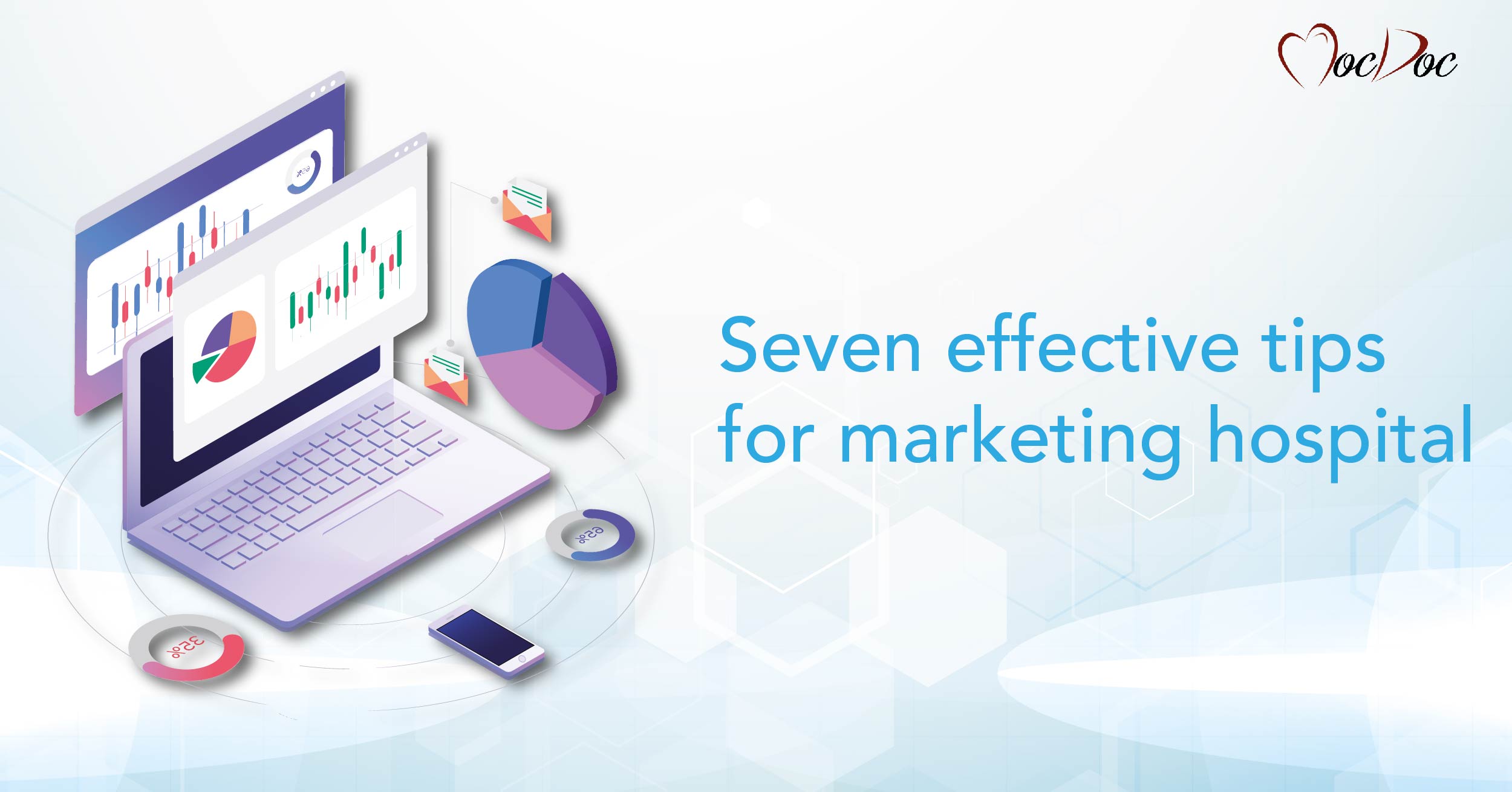
Inspiring patients to reach your hospital is not easy. It is significant to raise your patient base if you think you have to bring justice to all the pennies you have invested in your hospital. Effectively marketing your hospital can help you to bring much profit. You need to make sure that the marketing you do for your hospital should not be controlled by sales support or brand building. The important thing is that you need to make a positive connection with the terms of your patients.
Hospital Marketing has seen a tremendous change over the past few years, and some medical facilities are making use of hotel-like comforts to pamper and attract potential patients. In this blog, we will deal with the useful tips you can follow for marketing your hospital.
Create a responsive website:
The most important thing every patient does while choosing a hospital is that they go entirely through the website unless and until your hospital is located nearby to their location. Significantly, you make a responsive website with useful health information rather than build a website that displays information about your team or hospital. It would be good if you listed healthcare information so that patients themselves can take care of their families and themselves during an urgency.
Make use of SEO:
9 out of 10 people look for affordable or best hospitals online and know about the hospital, the doctor's availability, and other related information before merely visiting it. If you need to get listed while you search for the best healthcare clinic or practices, you need to make sure to use the power of SEO. The content editor and web developer focus on the effective keywords for your hospital to be listed at the top of the search engine results. You can hire an experienced SEO consultant and make the process more productive, more comfortable, and affordable.
Ensure your patients say Wow on your healthcare:
Branding is not just what you say about yourself to your customers. It's something that the patient or people say about you and your healthcare. Improve patient care, and make sure they keep your healthcare and treatment in mind for a long time. Ensure to provide them with attention and care so that they will speak for you and recommend you to their friends and family members too. Word of Mouth is the crucial thing you need to focus on.
Showcase your positives:
Show up your excellent work through videos, patient stories, testimonials, etc. on LCDs in your hospital waiting for areas so that people and patients visiting your website or hospital will come to know about you. Also, don't forget to post on social media, and talk about breakthrough treatments in conferences, public forums, and interviews.
Use Social Media effectively:
Social Media is one of the essential ways through which you can make everything possible. Social media websites like Twitter, Linkedin, Instagram, Linkedin, and Pinterest, can effectively improve the number of patients visiting your hospital as well as those is the best place where you can create brand awareness by choosing the targeted audiences and attracting them to visit your clinic.
Utilize Internal Marketing too:
Every employee in your hospital is the spokesperson. Grab your HR head to make use of it, create the experience of the employees at your clinics, and make them say positive things about the hospital.
Shoot Emails:
Emails are an efficient and powerful thing when it comes to marketing. Make sure your company's IT team maintains the email list of subscribers and shares relevant and positive information emails regarding the illness of the patient. It indicates that you have proper care for your patients even after they leave your hospital. Maintaining a good and effective relationship and communication with high-value, helpful, and useful information is key to developing a powerful hospital brand.
Bottom Line:
Show your society and patients in general that you have excellent care about their well-being and health. Also, show them you do not need them to go to a stage where they don't want to go to the hospital next time.
For More details Visit MocDoc Hospital Information System.
Related Articles
Challenges while implementing ...
Hospital Management System has been use..... Read more
What are the benefits of the h...
HMS (MocDoc HMS) otherwise known as HMIS (Hospital..... Read more
Scalable Hospital Management S...
Hospitals are rarely a single department ent..... Read more
Things You Need to Know Before...
The famous Kaiser Permanente installed the nation'..... Read more
